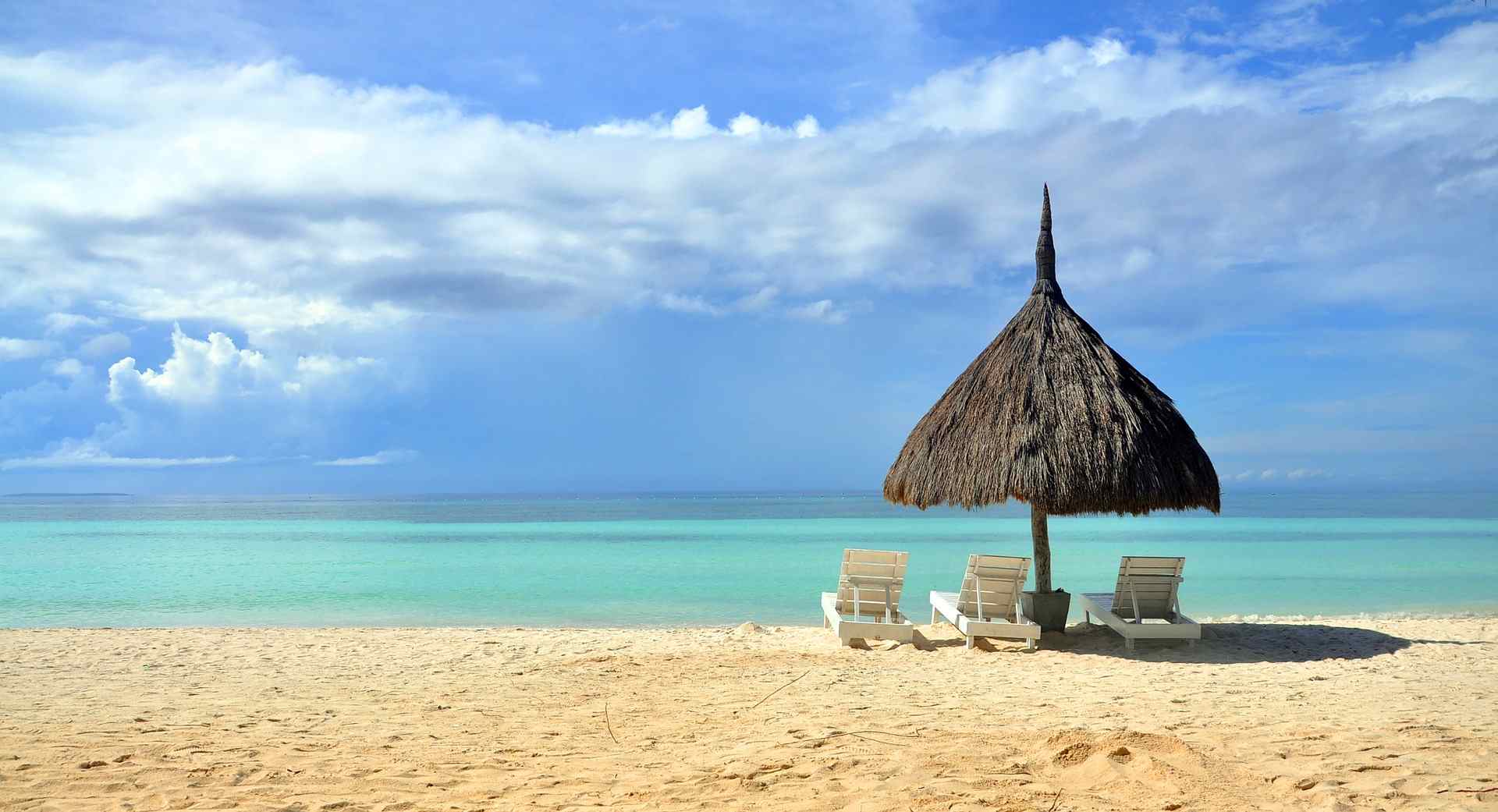Moving abroad to the Philippines is a great idea for those who love diverse culture, delicious food, a low cost of living, and tropical weather! In order to make your overseas dream a reality, you’ll need to acquire the appropriate visa to enter and stay in the Philippines for the duration of your intended stay.
Generally, for expats looking to live abroad in the Philippines, there are a few main options:
- Tourism: Travelers from approved countries can visit the Philippines visa-free, without any prior paperwork. This allowance ranges between 7 and 59 days, depending on where you are from.
- 59 Days: Brazil, Israel
- 30 Days: The entire European Union, plus such countries as the United States, Canada, Australia, and New Zealand.
- 14 Days: Hong Kong, Macau
- 7 Days: British National (Overseas), or BN(O)
Note: Those who wish to stay beyond their tourist visa cutoff date can apply for a Long Stay Visa. This adds an additional 6 months of residency for touristic endeavors, renewable for up to 16 months. Prior to 2013, tourists in the Philippines needed to renew their permit every 2 months. At the end of the 16 months, you will need to return to your home country and reapply for the Long Stay Visa in order to continuously live abroad in the Philippines in this manner.
- Non-Immigration Visa:
- This is the kind of visa you will apply for if you’re looking to work or study abroad in the Philippines. It is valid as long as the conditions under which you were approved (employment, education) are still met.
- To receive a work permit, you will need to have found employment in the country already, as your employer will petition for the work visa on your behalf.
- Application for a work visa can be done while already in the Philippines, or in your home country through a consulate.
- All those looking to work abroad in the country will also need to apply for an Alien Employment Permit (AEP).
- Non-Quota Immigrant Visa:
- This visa is for those who are married to Filipino citizens, have Filipino citizen parents, or are natural-born Filipinos returning to the country.
- Quota Immigrant Visa:
- An investor-type visa granted to those with a specialized skill set and enough capital to make significant, positive changes in the country.
- Special Resident Retiree Visa:
- To retire abroad in the Philippines, you must be at least 35 years old. To receive the visa, those who are 35-49 years old will need to make a bank deposit of $50,000 USD.
- If you are over the age of 50 and receive a pension from overseas, your required deposit is only $10,000 USD, so long as the pension provides at least $800 per month.
Note: Marrying a Filipino citizen or obtaining one of the above-mentioned retirement visas are the two main ways to receive permanent residency in the Philippines.
Citizenship in the Philippines
If you have (1) Filipino parents or (2) were born in the Philippines, are a minor, and have lived there continuously since, you can qualify for fast-tracked citizenship in the country. All others looking for a Filipino passport will have to do so through one of a few naturalization methods.
- Marriage: foreigners who have married Filipino nationals can qualify for citizenship through the courts.
- Office of the Solicitor General: this government office can approve case-by-case petitions for citizenship, as long as the applicant is deemed qualified.
- Significant Contribution: If you have made impactful contributions to the Filipino economy, culture, or society, a government official can sponsor you for citizenship.
Whichever route you choose, you will most likely have to meet these additional qualifications:
- Have resided in the Philippines for at least 10 years
- Receive an approved income or own a property in the country
- Proficiency in English, Spanish, or a native language
- Be in good standing with the state, no criminal record
- Be at least 21 years of age
![crg]()
- All minor children of the applicant must be enrolled in schools recognized by the Bureau of Education.
As with all countries, especially those in Asia, visa requirements are always changing and adapting to the world. It’s important to contact your local consulate, embassy, or the immigration website of the country you wish to move abroad to.
Click here to read more about the Philippines!
Author Bio:
Tyler Sorce is an American writer and digital nomad currently living in Lisbon, Portugal. In a past life he was a chef in Manhattan and Paris, follow his travels and favorite dishes on Instagram.
Like Our Articles?
Then make sure to check out our Bookstore... we have titles packed full of premium offshore intel. Instant Download - Print off for your private library before the government demands we take these down!









